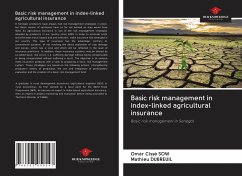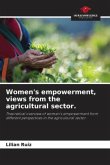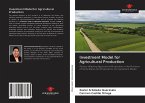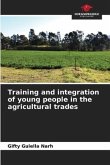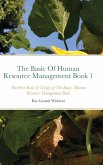In Senegal, producers have always had risk management strategies in place, but these means of resilience have so far not worked as they would have liked. So agricultural insurance is one of the risk management strategies adopted by producers in our country since 2009. In order to minimize costs and eliminate moral hazard and anti-selection, index insurance has emerged in our country. This type of insurance has the advantage, contrary to conventional systems, of not involving the direct evaluation of crop damage and losses, which has a cost and which will be reflected in the level of insurance premiums. In addition, these insurance systems may be tainted by so-called basic risk errors (i.e. suffering damage without being compensated or being compensated without suffering a loss). The objective is to analyse index insurance products with a view to proposing a basic risk management system. These strategies are based on the following actions: strengthening producers' means of production, the use and integration of participatory evaluation and the creation of a basic risk management fund.
Hinweis: Dieser Artikel kann nur an eine deutsche Lieferadresse ausgeliefert werden.
Hinweis: Dieser Artikel kann nur an eine deutsche Lieferadresse ausgeliefert werden.

